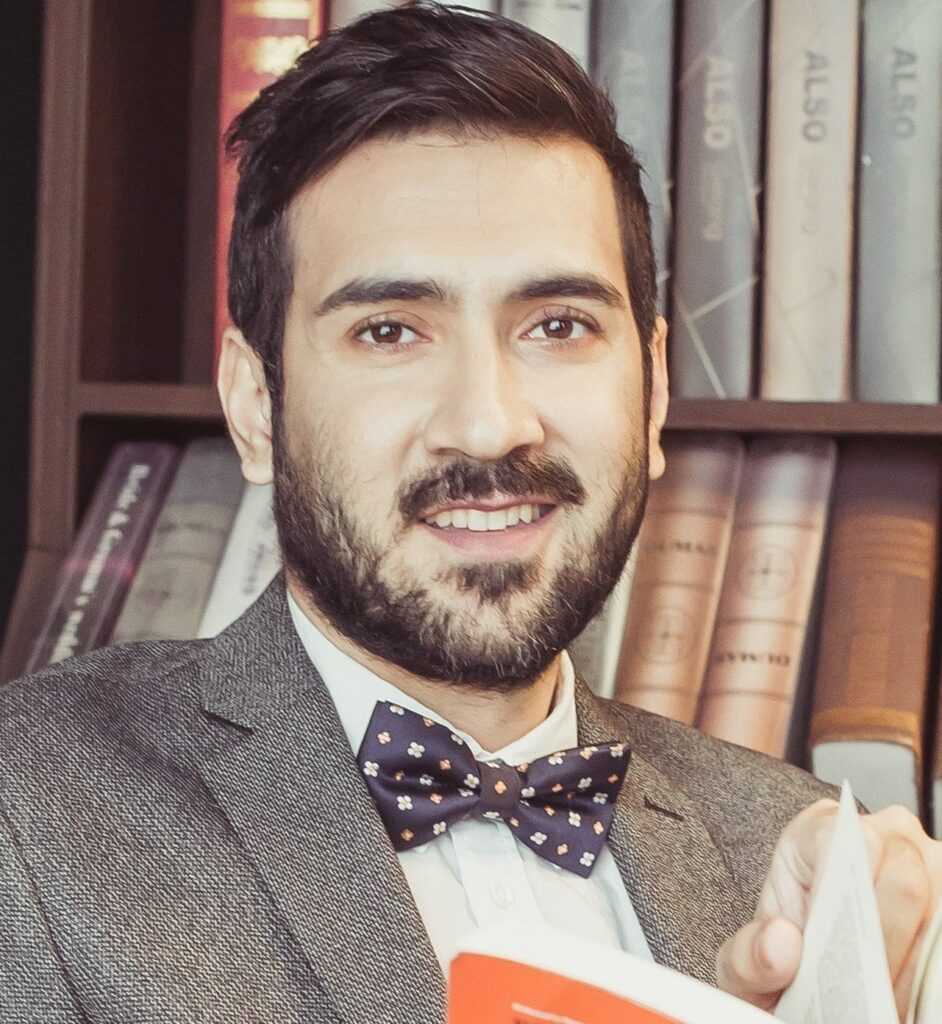It was another nightmare that started in Seattle. I was walking along a road and came upon three men in a car. I greeted them with a smile, but what began as a friendly exchange escalated to belligerence as the men moved to attack me. The scene changed to my home country, Syria. I tried calling 911, but my fingers wouldn’t move. I finally found a policeman who accompanied me and my two friends home. Then I realized we’d been followed. I could see the men parking their vehicle outside. I quickly lay down, trying to hide. It was too late. They were at the door. When the bell rang, my friends let them in. The dream ends with one man discovering my hiding place and looking me in the eye with contempt.
The nightmare reflects my feelings of helplessness and powerlessness for the past few weeks. Living with stage 4 lung cancer at the time of COVID-19 is difficult. Learning about policies that could deny me treatment in an overwhelmed health care system left me exposed. I’m not alone in my fear. All marginalized groups are living a similar nightmare. My community of cancer patients is especially vulnerable.
I’ve interviewed three people with stage IV lung cancer. “I’m scared,” explained Rose, a 32-year-old woman. “The virus attacks your lungs. My lungs are already fighting cancer; they are compromised. . . . Trying to fight pneumonia [would be] a huge battle.” Edward, a 64-year-old man, worried, “A lot of people are going to die, and we’re going to be first to go.” Edward feels especially exposed. “This virus affects people who are over 60, have diabetes, have cancer, and have lung problems, and I fit all four categories.” Jane, a 73-year-old retired physician and cancer patient, echoed, “If I get this virus, there’s a decent chance it will kill me.” She is worried not just for herself. Her son has diabetes, and her daughter-in-law is pregnant. They’re all in high-risk groups.
Because cancer patients are aware of our risk, they’re doing all we can to stay alive. Jane is also self-isolating. “I’m in my bedroom, and I stay here most of the time. I only go downstairs to eat and get fresh air on the nice patio.” Rose is doing the same. “We’re not going anywhere; we’re home 24/7.” She was initially concerned about her children bringing the virus home. Now, with schools closed, only her significant other leaves the house. He is mindful of her illness and isolates himself at work.
While these cancer patients do what they can to stay safe, they can’t help but think others aren’t doing their part. Rose explained, “I don’t think people are taking it seriously enough. A lot of people have taken the closures as a vacation.” Edward is afraid. “Some people are putting us all in danger.” He recently had to go to his office and was surprised how many colleagues were there. “I thought the office would be empty since it’s officially closed, but a third of the people were working there.”
Cancer patients are also worried they won’t receive care if they contract COVID-19. Edward explained, “There’s not going to be enough ventilators to go around. They’re going to give it to the people with the greatest chance of living a long time. As a person over 60 with cancer, I’m going to be at the bottom of the priority list.” Jane chatted with the lung cancer community about the priority for care and said people feel like second-hand citizens, wondering why their lives are considered less valuable.
With the prospect of being refused care, being exposed because of others’ irresponsibility causes frustration. Edward explained, “I’m angry and resentful. There’s also a feeling of helplessness that I can’t get other people to do what they need to do.”
As Edward, Rose, and Jane navigate these emotions, they nevertheless look forward to continuing to live. Jane wants to see her next grandchild, due in two months. Edward says his quality of life is “excellent,” and he’s happier now than before cancer. Rose was having a difficult time and could barely finish our first interview without tears. But in our recent chat, she was in a good place, feeling life is more enjoyable.
As the community thinks of strategies to decide who receives care, let’s not forget our humanity. Let’s not treat each other like numbers. We all have stories, feelings, desires, and life projects.
We want to live, too.
By Morhaf Al Achkar, MD, PhD
Assistant Professor of Family Medicine at the University of Washington
Author of Roads to Meaning and Resilience with Cancer.

